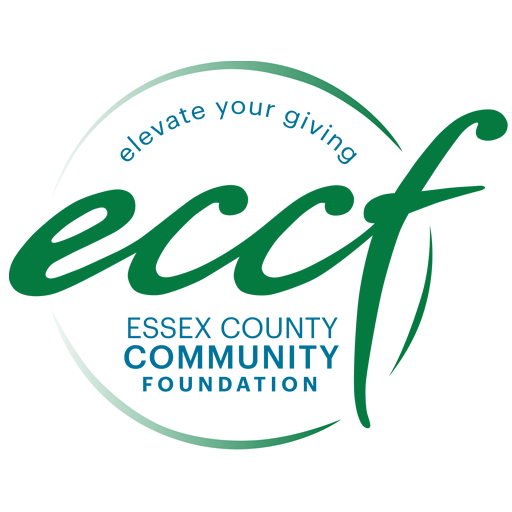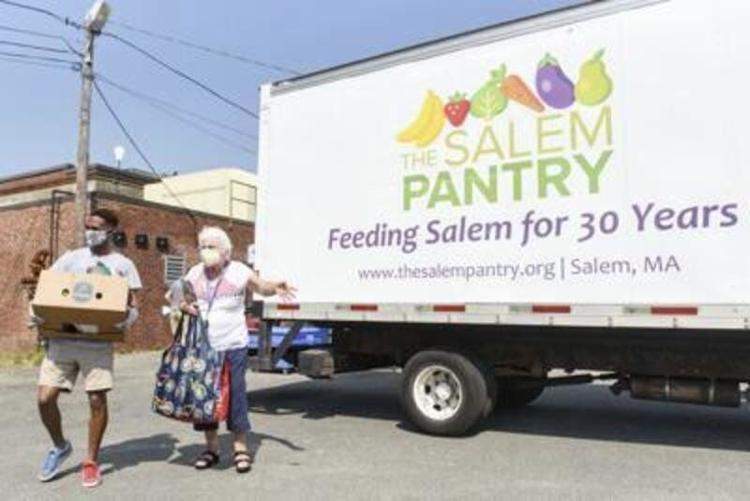COLUMN IN THE SALEM NEWS
By Stratton Lloyd and Michelle Xiarhos Curran
SEE ORIGINAL COLUMN IN THE SALEM NEWS HERE.
When the COVID-19 pandemic struck Essex County, nonprofit organizations working to nourish the region’s most vulnerable residents were among the first in the sector to feel its impacts. Heavily dependent on volunteers, food pantries found themselves short-staffed as helpers – made up largely of virus-vulnerable seniors – were forced to stay home while outside, food lines grew.
According to a recent Feeding America report, Massachusetts saw a 59% increase in food insecurity due to pandemic, the greatest percentage increase in the country.
Skyrocketing unemployment meant more people were going hungry. That, combined with a massive breakdown in the food supply chain and social distancing guidelines, forced hunger organizations not only to do more with less, but also to radically shift traditional operations to try and keep pace in a region where 40% of residents were living below the living wage prior to the pandemic.
The impact of COVID-19 on food insecurity is a wake-up call, one that must be answered with significant investments that focus on Essex County’s entire food system and the interconnectedness between its many stakeholders. We believe that this is the only way to create an ecosystem that is sustainable, resilient and equitable.
“There’s a real kind of power in collaboration,” said Robyn Burns, executive director of the Salem Food Pantry, a nonprofit working with the Salem Housing Authority and Mack Park Food Farm to provide seniors in low-income housing with weekly access to fresh, nutrient-dense fruit, vegetables, milk and eggs.
The collaboration – which harnesses the unique roles of each partner to create an effective, sustainable system – is one of seven projects to recently receive funding from Essex County Community Foundation’s Food Systems Resiliency Partnership Grants program. In connection with Brace Cove Foundation, the program is the evolutionary result of multiple interactive convenings throughout 2020 and a January 2021 Hunger Think Lab, which gathered more than 90 stakeholders in the food insecurity and food justice space.
“We were really able to understand how COVID affected the availability and distribution of food,” said Carol Lavoie-Schuster, ECCF’s vice president for grants, nonprofit and donor services. “It’s been a real opportunity to connect the dots, inspire trust, nurture relationships and build long-term resiliency in the food security sector.”
This work – which is largely modeled after other ECCF systems initiatives – gives collaborating organizations the chance to experiment and pilot new systemic solutions, which can potentially serve as models for other communities. In all, $322,000 in food systems grants was awarded this summer. The goal is to leverage additional funding to expand and build off these projects, which include the creation of an Essex County Legal Food Hub focusing on racially and economically underserved farmers and food businesses; a food delivery program for immigrant families living in Lynn; a software platform that links local farmers with food pantries; a program that improves the nutrient value of food served by the largest soup kitchen on the North Shore while simultaneously creating youth jobs; a mobile expansion of the YMCA of Metro North’s meal program; and a coalition of 15 organizations in the Merrimack Valley working on a regional food security strategy.
“With the gas explosions in the Merrimack Valley, and now COVID-19, we see how interconnected our communities are,” said Heather McMann, executive director of Groundwork Lawrence, which is facilitating the Merrimack Valley coalition along with Lawrence General Hospital and Merrimack College. “In response to the pandemic, our growing regional connections helped us fill gaps in the emergency food system, and with this grant, we’ll move from a crisis-response to a sustainable approach to ensure that we can advocate for and create a food system that ensures no one is hungry.”
This work gives us an opportunity to think about what could be. What role can philanthropy play? Where can we innovate? How can we use our collective knowledge to better advocate for food support at the local, state and federal levels? How do we take food security work and paint a clear picture of its interconnectedness to other parts of our ecosystem?
“It’s not just about giving food to people who are hungry,” said Lavoie Schuster. “It’s about providing nutritious food to improve health now and in the long run. It’s about growing food sustainably to minimize environmental impacts. It’s about education and creating jobs. It’s about listening, studying and breaking down deep-rooted racial and structural barriers so that we can build a system that is fair and equitable for all.”
It’s also about giving everyone a voice at the table: nonprofits and the residents they serve, businesses, community organizations, local leaders and funders with the desire to collaborate and make an investment in long-term resiliency.
“We don’t really get many funders thinking about things in a systems way,” said Burns. “But there’s folks out there that have that lens.”
Brace Cove Foundation is one of those funders.
“This grant program has resulted in multiple new collaborations which will strengthen the food security infrastructure in Essex County now and for the future,” said Walter Herlihy, director of Brace Cove.
ECCF’s long-term vision is to create a sustainable food system in Essex County that supports all residents with fresh, nutritious, culturally relevant food, a system that is flexible enough to adapt to the inevitable shocks that will come out way. But it will take time. And it will require us all to continuously learn from one another – and the process.
The collaborative food systems grants will play a critical role in helping our community build the needed muscle to think systemically and build resiliency – together. And we believe that their success will create a ripple effect throughout Essex County.
Stratton Lloyd is executive vice president and COO at Essex County Community Foundation. Michelle Xiarhos Curran is the foundation’s communications writer.


